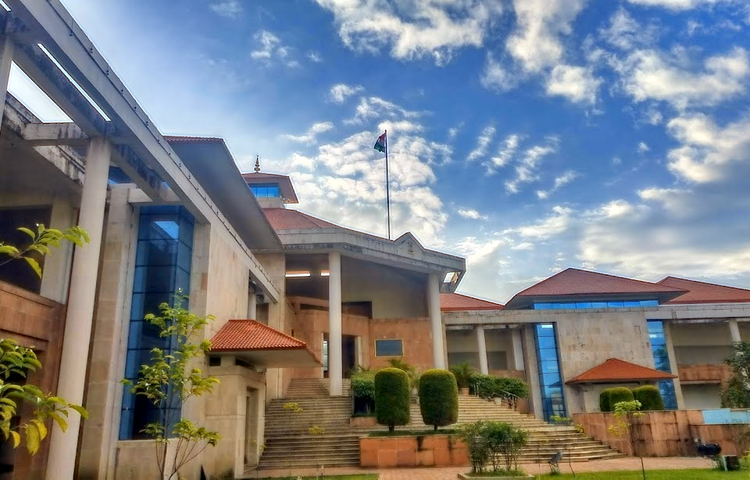The Manipur High Court’s recent decision to modify its 2023 order recommending Scheduled Tribe (ST) status for the Meiteis community has brought relief and concern in equal measure. The ruling, which came in response to widespread protests and ethnic clashes in Manipur, highlights the complexity of identity politics in the region.
The controversy stems from the High Court’s March 27, 2023 order, which recommended ST status for the Meiteis community. This decision was met with resistance from various quarters, particularly from tribal groups in Manipur who feared that granting ST status to the Meiteis would dilute their own tribal rights and privileges.
The now-deleted paragraph of the March 27 order directed the first respondent to consider the inclusion of the Meitei community in the ST list, expeditiously. However, the High Court, in its recent modification, acknowledged that this direction was passed in misconception of law and against the observations made by the Constitution Bench of the Supreme Court.
The Supreme Court, in its November 2000 verdict, emphasized that courts should not expand their jurisdiction to deal with questions related to the inclusion of particular castes or communities in the ST list. It underscored that such matters should be addressed through legislation enacted by Parliament, rather than judicial intervention.
The Manipur High Court’s reversal of its earlier recommendation reflects a recognition of the legal limitations placed on the judiciary in matters of tribal classification. It signifies a course correction aimed at aligning with constitutional principles and Supreme Court precedents.
However, the decision has also sparked concerns among the Meitei community, who see it as a setback in their quest for recognition and representation. The Meiteis, who constitute a significant portion of Manipur’s population, have long sought ST status as a means of safeguarding their cultural identity and accessing government benefits reserved for tribal communities.
The issue of ST status for the Meiteis is deeply intertwined with the socio-political dynamics of Manipur, where ethnic tensions between the valley-dwelling Meiteis and the hill-dwelling tribal groups have simmered for decades. The granting or denial of ST status has the potential to exacerbate or mitigate these tensions, making it a highly sensitive and contentious issue.
For the Meiteis, ST status represents not only legal recognition but also socio-economic empowerment. It opens up avenues for education, employment, and welfare schemes that are specifically tailored for tribal communities. Therefore, the denial of ST status is perceived as a denial of rights and opportunities crucial for the community’s progress and well-being.
On the other hand, tribal groups in Manipur view the prospect of Meiteis obtaining ST status with apprehension and resentment. They fear that it would lead to the erosion of their own rights and privileges, as well as the loss of their distinct cultural identity. Moreover, they argue that the Meiteis, being the dominant community in the valley, already enjoy socio-economic advantages that tribal communities lack.
The Manipur High Court’s decision underscores the need for a nuanced and inclusive approach to address the complex issue of tribal classification. It highlights the importance of balancing the rights and interests of different communities while upholding constitutional principles and legal precedents.
Moving forward, it is imperative for stakeholders to engage in constructive dialogue and consultation to find a resolution that promotes harmony and inclusivity in Manipur. This may involve exploring alternative mechanisms for addressing the concerns of the Meitei community while safeguarding the rights and interests of tribal groups. Ultimately, a collaborative and empathetic approach is essential to navigate the intricacies of identity politics in Manipur and foster unity amidst diversity.














